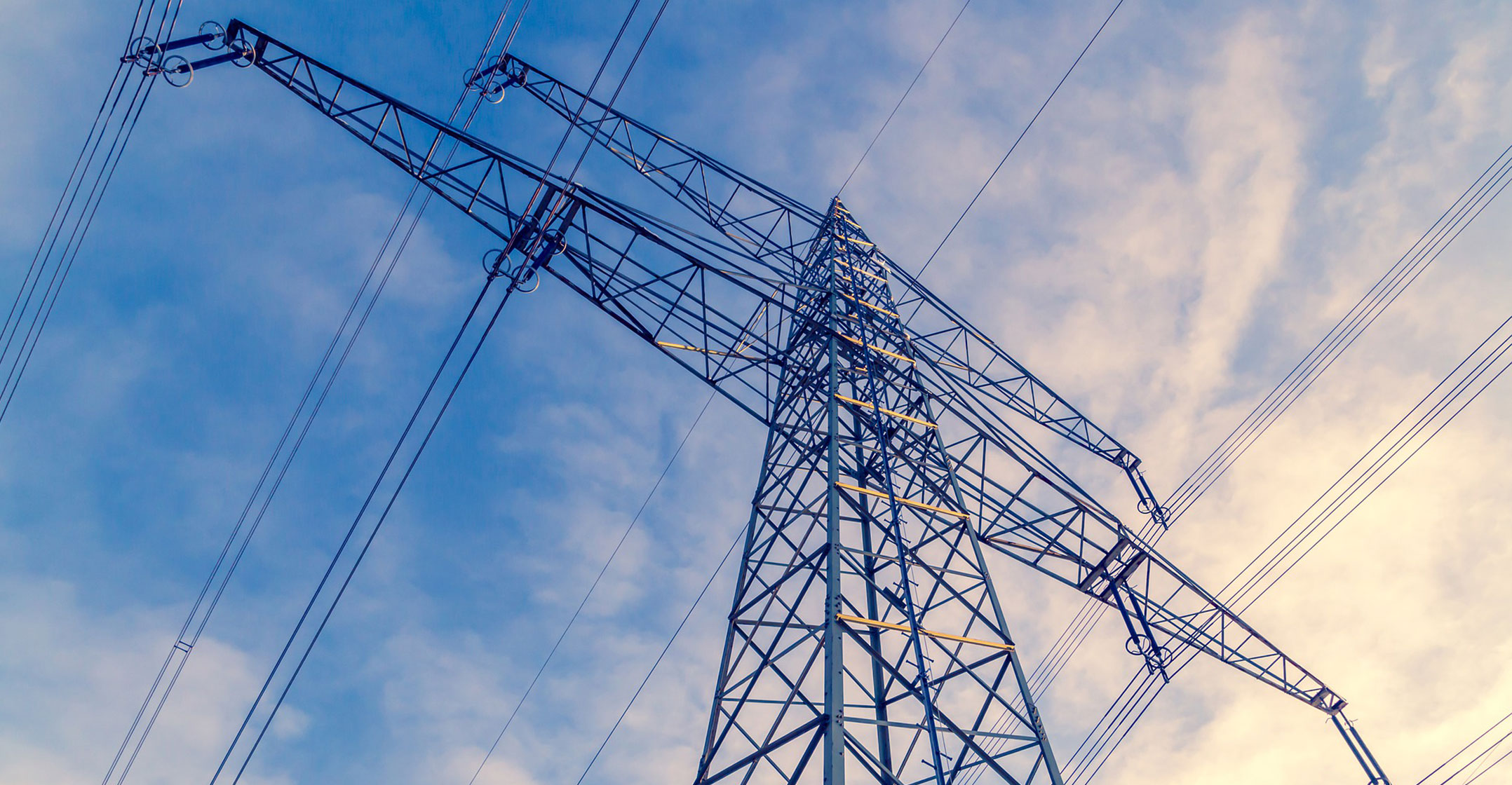 Africa’s biggest renewable power company said it will take years for South Africa’s electricity supply woes to ease after the government’s bias towards coal led to the collapse of wind and solar energy manufacturers.
Africa’s biggest renewable power company said it will take years for South Africa’s electricity supply woes to ease after the government’s bias towards coal led to the collapse of wind and solar energy manufacturers.
That legacy is being exacerbated by global supply chain issues that are slowing the construction of renewable plants, Chris Antonopoulos, CEO of Amsterdam-based Lekela Power, said in an interview.
South Africa is suffering its worst-ever power cuts as Eskom’s ageing and poorly maintained coal-fired plants suffer frequent breakdowns. Under President Cyril Ramaphosa, the country is now pushing for more renewable energy, but it’s still reliant on coal for more than 80% of its power.
“There were two or three years when Eskom was arguing that coal was better and cheaper,” Antonopoulos said. In this period, where “nothing happened, a lot of the local industry collapsed”, he said.
During a five-year period when South Africa halted a programme to acquire renewable energy for the grid, companies set up to make towers for wind turbines failed, and there is little local manufacturing capacity for solar panels.
“That cannot be reestablished from one day to another,” Antonopoulos said, adding that it will take two to three years before the wind and solar plants ordered by the government start to improve the power situation. “The current government is doing a lot. I am so happy that they have changed.”
Government-run auctions for the provision of renewable energy have restarted and have been increased in size. Ramaphosa has also changed regulations around the construction of power plants for private use, paving the way for mining and manufacturing companies to either build or commission their own capacity.
Read: SA needs 53GW of new energy capacity by 2032: Eskom
Lekela, which is in the process of being acquired by Africa Finance Corp and Egypt’s Infinity Group, operates wind power plants with a capacity of 624MW in South Africa. It plans to bid in future renewable energy auctions in the country, and also has facilities in Egypt, Senegal and Ghana. — (c) 2022 Bloomberg LP




